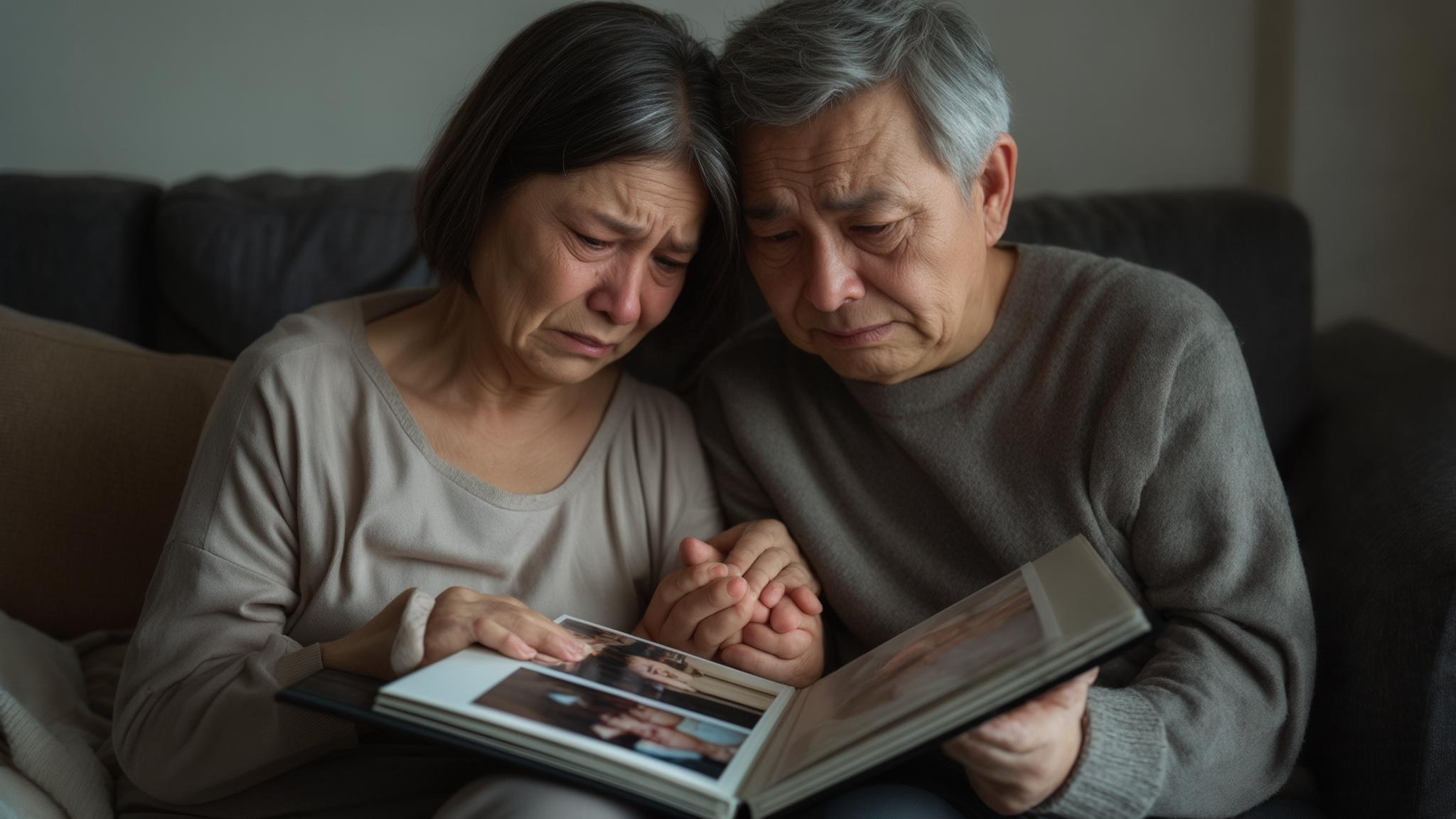Introduction
“Grief is not a sign of weakness, nor a lack of faith… It is the price of love.” – Author Unknown. Statistics show that nearly 30% of couples experience relationship strain after a significant loss.
Navigating the turbulent waters of grief can be daunting, and when loss strikes, it can challenge the very foundation of a relationship. The journey of grief is inherently personal, often marked by solitude and introspection; however, with the right support, it can also be a shared experience that enhances connection and intimacy. This article explores the significant role of couples counseling in helping partners cope with loss and grief together.
Section 1: Understanding Grief
1.1 Definition of Grief
Grief is the natural emotional response to loss. It encompasses a wide range of feelings including sadness, anger, confusion, and even relief, impacting individuals physically and psychologically. Grief can manifest through various symptoms such as fatigue, changes in appetite, and withdrawal from social interactions.
1.2 Different Types of Loss
Loss can take many forms, including the death of a loved one, separation or divorce, the loss of a job, or even the end of a significant relationship. Each type of loss requires a unique mourning process, yet all can deeply affect individuals and their intimate relationships.
1.3 Stages of Grief
The grief experience can be better understood through the stages identified by Elisabeth Kübler-Ross: denial, anger, bargaining, depression, and acceptance. Each partner may face these stages in varied timelines, complicating communication and emotional support.
Section 2: The Impact of Grief on Relationships
2.1 Common Reactions to Grief
Grief is not a uniform experience; it can elicit a diverse array of responses from partners. One partner may find solace in talking about their loss, while the other may retreat into silence. These differing expressions can lead to misunderstandings, increasing emotional distance.
2.2 Potential Strains on the Relationship
As grief weighs heavy, couples may face specific strains such as withdrawal, heightened conflict, or clashing coping mechanisms. When communication falters, partners might feel increasingly isolated in their grief, intensifying misunderstandings and frustration.
2.3 The Importance of Understanding Each Other’s Grief
Empathy is paramount in navigating grief together. Patience and an open mind allow partners to appreciate each other’s unique grieving processes and encourage emotional closeness as they support one another through their sorrow.
Section 3: The Role of Couples Counseling
3.1 What is Couples Counseling?
Couples counseling involves guided therapy aimed at improving communication, resolving conflicts, and strengthening relational bonds, particularly poignant during periods of grief and loss. A trained therapist helps couples navigate their feelings and foster mutual understanding.
3.2 Benefits of Counseling During Grief
Couples counseling provides a range of benefits, including:
- Improved Communication: Encouraging honest and open expression of feelings.
- Safe Space for Emotions: A supportive environment to explore shared grief.
- Learning Coping Strategies: Techniques to cope with grief as a couple.
3.3 Finding the Right Counselor
Choosing the right counselor is essential. Look for credentials, experience in grief counseling, and therapeutic approaches. Recommendations from trusted sources, as well as personal consultations, can ensure a good fit.
Section 4: Techniques and Strategies in Counseling
4.1 Communication Techniques
Active listening exercises can enhance communication. Partners can practice using “I feel” statements to express emotions without assigning blame, fostering understanding and compassion in dialogue.
4.2 Processing Grief Together
Engaging in activities such as sharing memories, creating personal rituals in honor of the lost one, or journaling together can facilitate deeper emotional processing. These exercises promote connection while honoring grief.
4.3 Building Emotional Intimacy
Fostering vulnerability within the relationship is crucial. Partners should feel safe sharing their feelings, and mutual support allows for emotional intimacy to grow amidst grief.
Section 5: Practical Tips for Couples Coping with Grief
5.1 Establishing Routines
Maintaining daily routines can provide much-needed stability and a sense of normalcy during turbulent times, helping partners navigate their grief together.
5.2 Seeking Support Outside the Relationship
Encouraging support from friends, family, or grief support groups allows partners to access broader emotional resources, relieving some pressure within the relationship.
5.3 Practicing Self-Care
Each partner should prioritize self-care, including physical health, mental wellness, and personal time, which serve as critical components of recovery during grief after loss.
Section 6: Real-Life Examples and Case Studies
6.1 Success Stories
Inspirational accounts of couples who have engaged in counseling after loss reveal the potential for healing. For instance, one couple described how sharing meaningful memories during sessions helped them bond over their mutual grief.
6.2 Challenges Faced
While couples generally experience improvements in communication, common challenges, such as discussing difficult emotions or reliving painful memories, may arise. Establishing a therapeutic alliance with a counselor can facilitate overcoming these obstacles.
Conclusion
In summary, navigating grief together can pose challenges, but it also offers opportunities for profound connection. Couples counseling provides essential tools and support for partners to confront their loss collaboratively. As you journey through grief with your partner, consider counseling as a valuable resource that can strengthen your bond.
Additional Resources
-
Books:
- "On Grief and Grieving" by Elisabeth Kübler-Ross
- "The Grief Recovery Handbook" by John W. James and Russell Friedman
-
Websites:
-
Hotlines:
- National Suicide Prevention Lifeline: 1-800-273-TALK (8255)
- Crisis Text Line: Text "HELLO" to 741741

